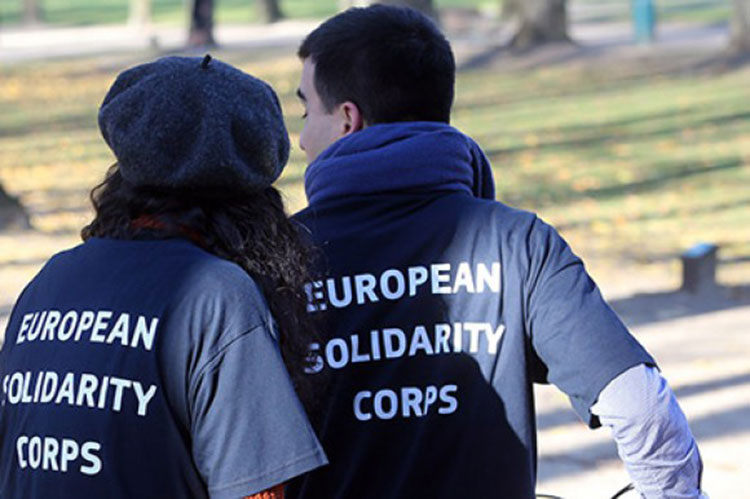Half a year after the European Commission launched the European Solidarity Corps and following the matching of voluntary placements which started in March 2017, thousands of job and traineeship placements are now also kicking off.
To this end, the European Commission supports two projects led by the Italian and French Public Employment Services, which will offer a solidarity-related job or traineeship in another EU country to up to 6000 young people.
Commissioner for Employment, Social Affairs, Skills and Labour Mobility, Marianne Thyssen, said: “The European Solidarity Corps is about creating more and better opportunities. I am happy that starting from today, with the kicking off of the occupational strand, the Corps is offering its full potential to our young people. In cooperation with Public Employment Services and partners on the ground, we will offer thousands of young people a concrete opportunity for a job or traineeship in solidarity-related fields across Europe. This will allow them to develop their skills and increase their future labour market prospects.”
Tibor Navracsics, Commissioner for Education, Culture, Youth and Sport, said: “I am delighted to see the European Solidarity Corps growing. The occupational dimension now makes it complete. We know that many young people in Europe are eager to help others, and that this engagement will have positive knock-on effects for themselves. Participating in the European Solidarity Corps will prove to be a valuable experience for young Europeans at the start of their careers.”
The two projects led by the French Public Employment Service (Pôle Emploi) and the Italian National Agency for active labour policies (ANPAL) bring together public employment services and organisations from different EU Member States, such as employers’ organisations and training institutes, to provide job or traineeship offers in solidarity-related areas to young people between the age of 18 and 30. Selected participants will be able to engage in a broad range of activities such as healthcare, social integration, environmental protection, assistance for migrants and refugees, or food aid in another EU country. The projects will reach out to employers, ensure the matching of candidates and provide financial and other types of support, such as training, to participants. The projects are funded with more than €14 million from the Employment and Social Innovation programme.




